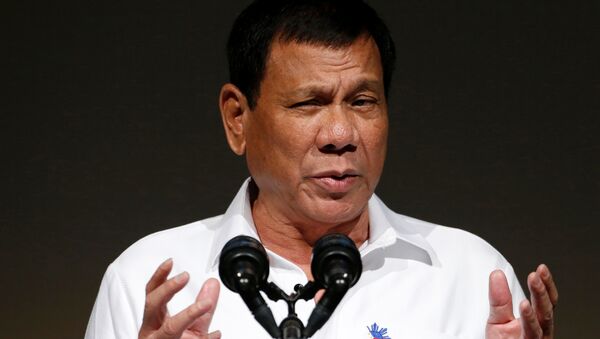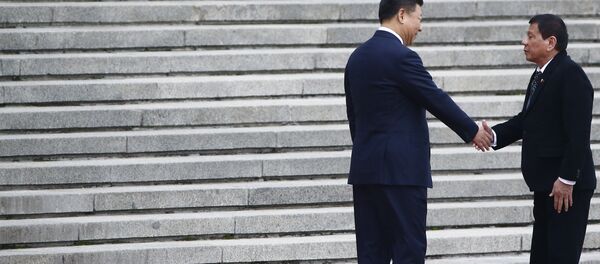The ten-day exercises will be aimed at combating terrorism and liquidating emergency situations.
"It will be scenario-based like (preparing for) a big storm hitting the Philippines or the possibility of terrorism," Balikatan spokesman Major Celeste Frank Sayson told AFP.
"We can say with confidence that there will be no more military shelling, as we will focus on providing humanitarian and civilian assistance," he added.
The exercises, whose title translates to “Shoulder-to-Shoulder,” will be the first of its kind since the inauguration of Philippine President Rodrigo Duterte in June 2016.
Before that, he stated that he intended to withdraw foreign troops from the Philippines by 2018.
Duterte, who took office last year, has sought improved relations with China and set aside the maritime dispute in favor of economic concessions.
However, the quick reversal of official rhetoric coming out of the Philippines has become a trademark of the Duterte administration, since he took office in June 2016.
On 6 April, he declared that he had ordered the Filipino military to occupy several islands in the South China Sea claimed by the Phillipines, in the face of ongoing Chinese activity, including land-reclamation and navy patrols.
“We tried to be friends with everybody but we have to maintain our jurisdiction now,” Duterte said.
In response, Beijing said that the Philippines and Vietnam deliberately use US support to escalate tensions in the region.
Moreover, the Philippines and China have a territorial dispute, and that is why Duterte tries to make "political maneuvers.”



